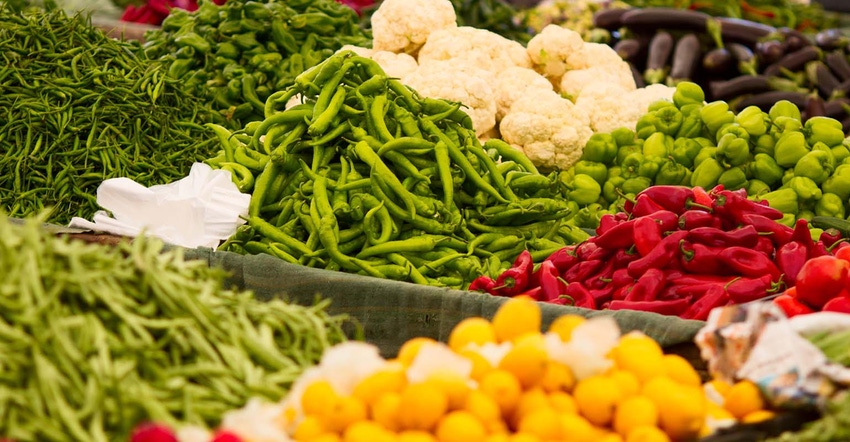September 26, 2017

USDA’s National Institute of Food and Agriculture (NIFA) announced $21 million is available to help Supplemental Nutrition Assistance Program (SNAP) participants increase their purchases of fruits and vegetables by providing incentives at the point of purchase. The funding comes from the Food Insecurity Nutrition Incentive (FINI) program, authorized by the 2014 Farm Bill.
“More than 100 million U.S. adults are now living with diabetes or prediabetes, and the public health implications are staggering,” said NIFA Director Sonny Ramaswamy. “Through FINI, we offer healthier eating options to millions of SNAP participants to help combat chronic diseases such as diabetes, obesity, and hypertension.”
FINI is a joint program between NIFA and USDA’s Food and Nutrition Service, which oversees SNAP and is responsible for evaluating the impact of the variety of incentive programs that are deployed by FINI grantees. The program brings together stakeholders from different parts of the national food system to improve the nutrition and health status of SNAP households. The FINI program supports a wide range of small pilot projects; multi-year community programs; and multi-year, large-scale initiatives.
Eligible applicants include government agencies and nonprofit organizations.
The deadline for applications is Dec. 13, 2017. See the request for applications for details.
Since 2014, NIFA has awarded more than $65 million through the FINI program. Among past projects, the Mountain Comprehensive Health Corporation (MCHC) serves residents of eastern Kentucky counties through the Farmacy Health Improvement Program. The Farmacy program offers produce vouchers to eligible MCHC patients with specific medical conditions such as pregnancy, Type 1 or 2 or diabetes, obesity, or hypertension. Patients may redeem vouchers at select local farmers markets, which also offer workshops and education programs on healthy eating and growing produce. A 2016 survey results of the Farmacy Program found that nearly 54% of survey participants reduced the amount of money they typically spend on healthcare; nearly 70% froze or canned the fruits and vegetables bought through the FARMACY program; and 50% of participants saw improvements in blood pressure.
The Fair Food Network project in Ann Arbor, Michigan, helps low-income Americans bring home healthier food while supporting family farmers and growing local economies. As a result of this project, the “Double Up Food Bucks” program became a national model for other healthy food incentives that are now active in nearly 20 states.
Source: USDA NIFA
You May Also Like




